Optimal Seasons for Roofing Services
Roofing services are most effectively performed during specific seasons that offer optimal weather conditions. Timing can influence the durability and quality of repairs or installations, making it essential to choose the right period for scheduling roofing work.
Spring offers moderate temperatures and longer daylight hours, ideal for roofing projects. It allows for thorough inspections and repairs before the heat of summer or cold of winter.
Summer provides warm weather and dry conditions, suitable for roofing work. However, high temperatures can pose challenges, requiring careful planning to prevent heat-related issues.
Fall is a popular time for roofing due to mild weather and stable conditions. It provides ample time to complete projects before winter sets in.
Winter typically presents cold, snow, and ice, which can delay or complicate roofing services. However, in milder climates, some projects may still be feasible with proper precautions.
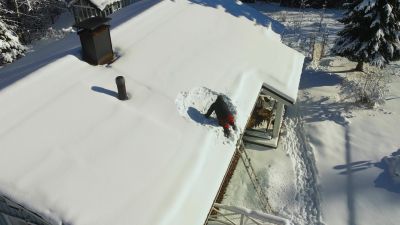
Spring provides optimal conditions for roofing projects, reducing risk of weather-related delays.

Warm, dry summer days are suitable for roofing, but high temperatures require careful scheduling.

Fall offers stable weather, making it a preferred time for roofing repairs and installations.
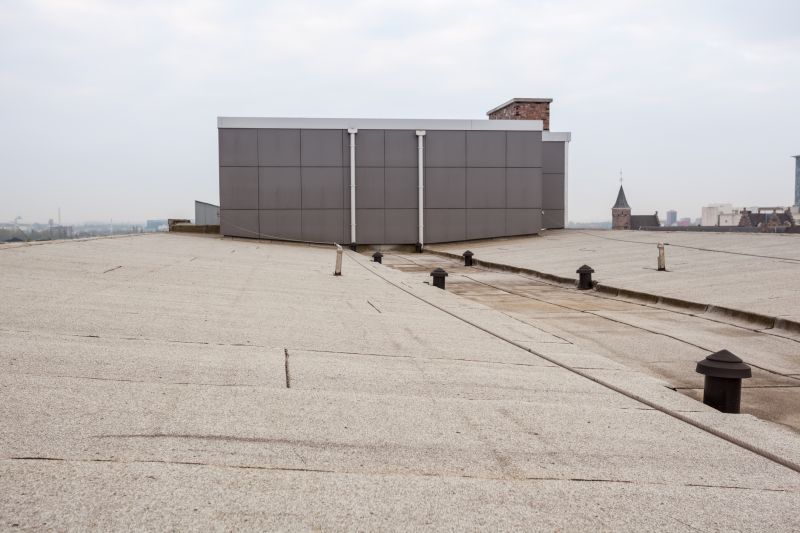
Ways to make Roofing Service work in tight or awkward layouts.

Popular materials for Roofing Service and why they hold up over time.

Simple add-ons that improve Roofing Service without blowing the budget.
| Season | Ideal for Roofing Services |
|---|---|
| Spring | Yes, due to moderate weather and longer days. |
| Summer | Yes, with caution regarding high temperatures. |
| Fall | Yes, due to mild temperatures and stable conditions. |
| Winter | Limited, mainly in milder climates or for certain types of work. |
Roofing services encompass a range of activities including repairs, replacements, and inspections. Proper timing ensures that these services are performed under conditions that maximize safety and effectiveness. Seasonal considerations can influence project timelines, costs, and the longevity of the roofing system.
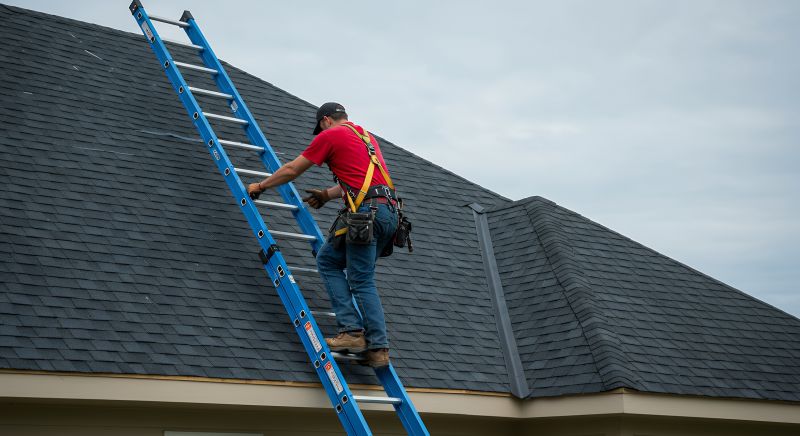
Spring's moderate climate promotes successful roofing projects with minimal weather interruptions.
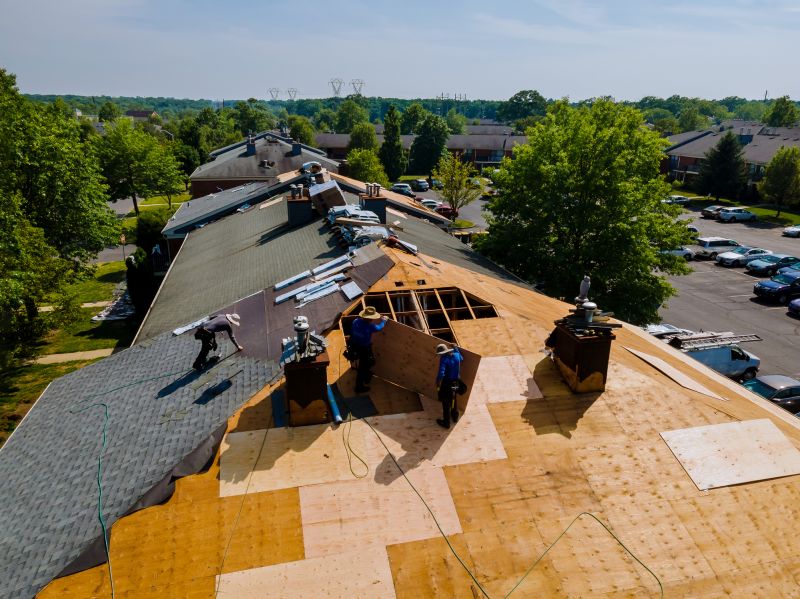
Summer's warm, dry conditions are ideal, but high heat requires scheduling during cooler parts of the day.
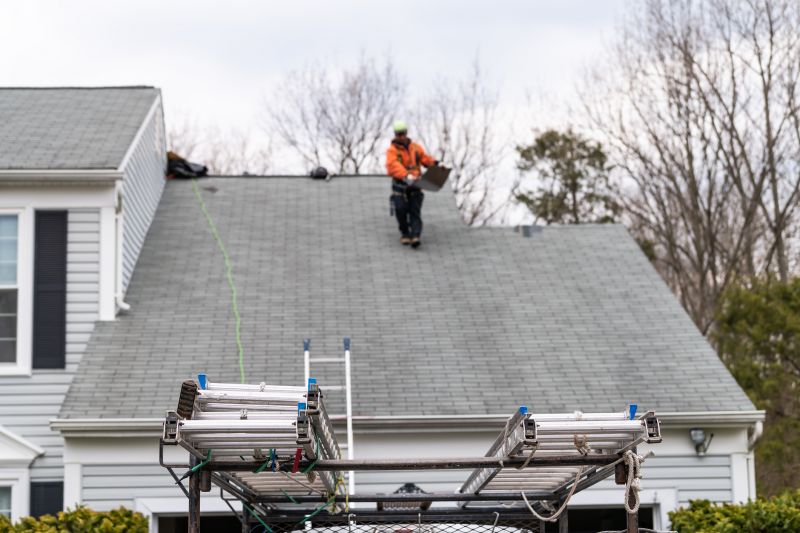
Fall provides a window of stable weather, making it a favored season for roofing work.

Winter is less suitable but can be considered in milder climates with proper planning.
Interested parties are encouraged to contact for scheduling roofing services during the most suitable season. Proper timing can contribute to the longevity and performance of the roofing system, ensuring durability and protection for the property.


